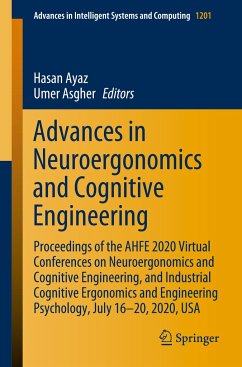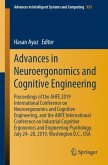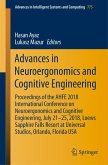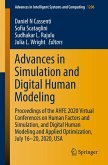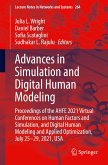This book offers broad overview of the field of cognitive engineering and neuroergonomics, covering emerging practices and future trends toward the harmonious integration of human operators and computer systems. It presents novel theoretical findings on mental workload and stress, activity theory, human reliability, error and risk, and a wealth of cutting-edge applications, such as strategies to make assistive technologies more user-oriented. Further, the book describes key advances in our understanding of cognitive processes, including mechanisms of perception, memory, reasoning, and motor response, with a particular focus on their role in interactions between humans and other elements of computer-based systems. Gathering the proceedings of the AHFE 2020 Virtual Conferences on Neuroergonomics and Cognitive Engineering, and Industrial Cognitive Ergonomics and Engineering Psychology, held on 16-20 July 2020, this book provides extensive and timely information for human-computer interaction researchers, human factors engineers and interaction designers, as well as decision-makers.
Bitte wählen Sie Ihr Anliegen aus.
Rechnungen
Retourenschein anfordern
Bestellstatus
Storno

